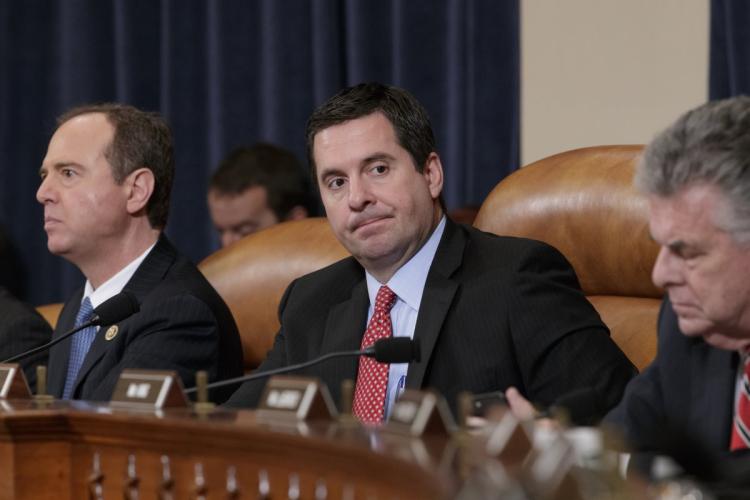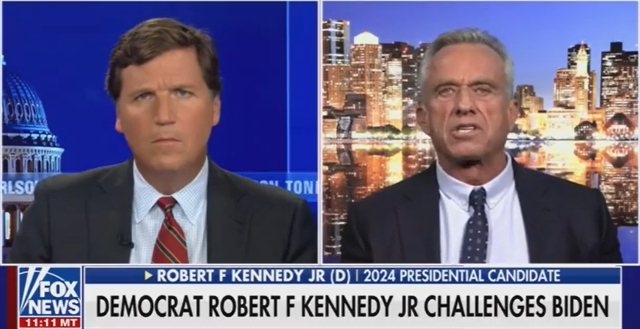
Last month a new movie hit theaters around the country starring, among others, Tom Hanks and Meryl Streep called “The Post.”
The movie is about, according to IMDB.com, “a cover-up that spanned four U.S. Presidents [and] pushed the country's first female newspaper publisher and a hard-driving editor to join an unprecedented battle between the press and the government.”
The film traces the Washington Post’s reporting on the “Pentagon Papers,” which were officially titled, “United States – Vietnam Relations, 1945–1967: A Study Prepared by the Department of Defense.” The study, which was conducted in secret without informing President Lyndon Johnson, was commissioned in 1967 by then-Defense Secretary Robert McNamara. The papers noted that the Johnson administration had systematically lied to the American people about its involvement in Vietnam.
Initially, the papers were released by Daniel Ellsberg, who had worked on the study; the existence of the papers was first reported in 1971 by The New York Times during the Nixon administration. The Times was threatened with legal action by the government and Ellsberg was charged with conspiracy, espionage, and theft of government property (charges that were later dismissed).
Soon after the Times report, the Post was given a copy of the Pentagon Papers by Ellsberg, who approached reporter Ben Bagdikian. He then brought the information to Post editor Ben Bradlee (played by Hanks in the film “The Post”). He subsequently informed the Post’s publisher, Kay Graham (played by Streep), and in short order, the decision was made to begin publishing a series of articles detailing the papers.
Assistant U.S. Attorney General William Rehnquist — later U.S. Supreme Court chief justice — asked the Post to cease publication, but the paper’s management refused. Rehnquist then asked a federal court to block the paper from publishing any additional materials taken from the papers but the court refused; the government appealed the case all the way to the U.S. Supreme Court, which ruled 6-3 on June 30, 1971, against the government and for the Post (and a dozen or so other papers that had begun publishing portions of the Pentagon Papers).
At the time the information contained in the Pentagon Papers was truly explosive. The country was still fighting the Vietnam War, tens of thousands of U.S. service personnel had already been killed, and it grew deeply unpopular the longer it went on. Throw into that mix the late 1960s-early 1970s social upheaval on college campuses against the old traditional order, and the discovery that the government had lied the entire time about its involvement in Southeast Asia was devastating to the country.
And yet, journalists back then correctly decided that the American people had the right know they had been duped by their government.
Today, however, some of the same media outlets are siding with Democrats against the release of a report that promises to be equally damaging to the American psyche: The so-called FISA Memo, which purports to show Obama-era abuse of the Foreign Intelligence Surveillance Court in order to manipulate judges with a bogus “Trump dossier” in order to secure a warrant so Hillary Clinton-aligned operatives within FBI and DOJ could spy on the Trump campaign.
Yesterday’s quest for government transparency from the Times, the Post and other legacy media outlets has transformed into partisan attacks and calls for outright secrecy because the “wrong” political party is about to get implicated.
Just to show you the difference between today’s Democrats and Democrats of the time the Pentagon Papers were making headlines, former U.S. Sen. Mike Gravel, D-Alaska, the lawmaker who introduced the Pentagon Papers to the public by entering them into the official Congressional Record, said Republicans will demonstrate “the height of cowardice” if they refuse to release the FISA memo.
My, how times have changed. If the Times, the Post, and a few other legacy media outlets were all that existed today, as was the case in 1971, Americans would never discover how badly they’ve been lied to — again — by their government. This is another reason to celebrate the independent media.
J.D. Heyes is also editor-in-chief of The National Sentinel.
Sources include:
Please contact us for more information.




















